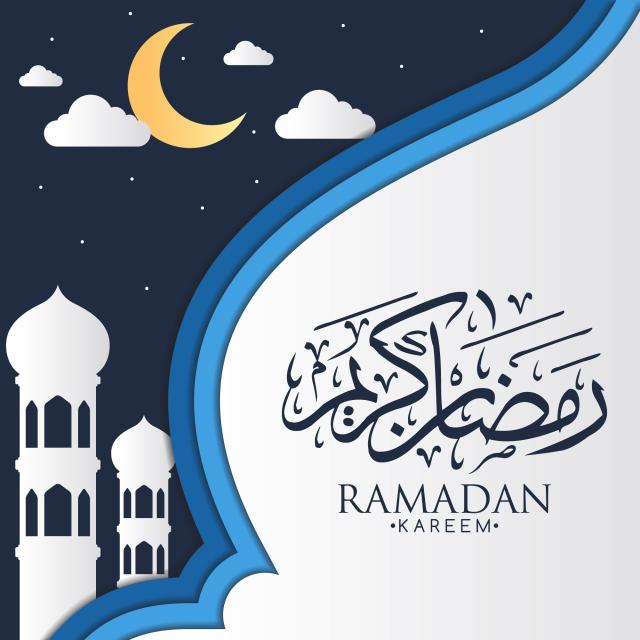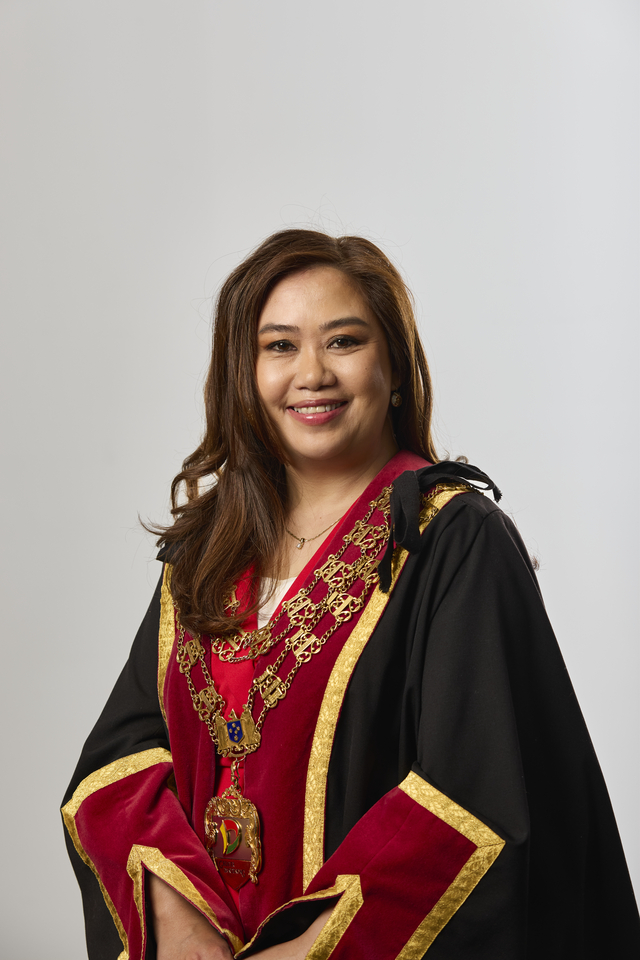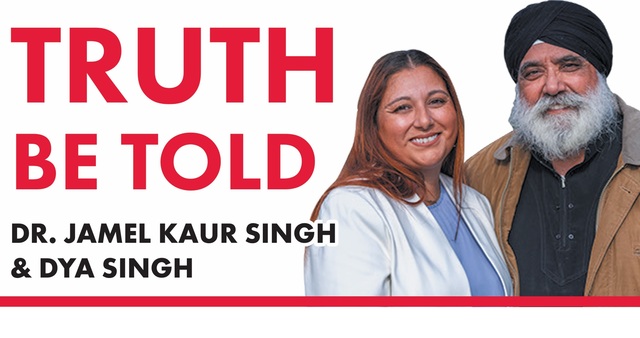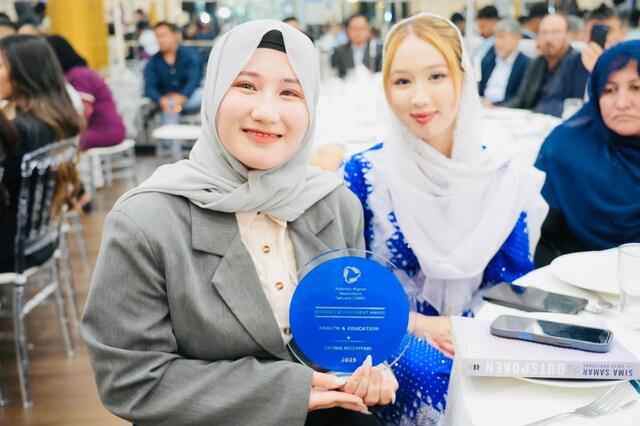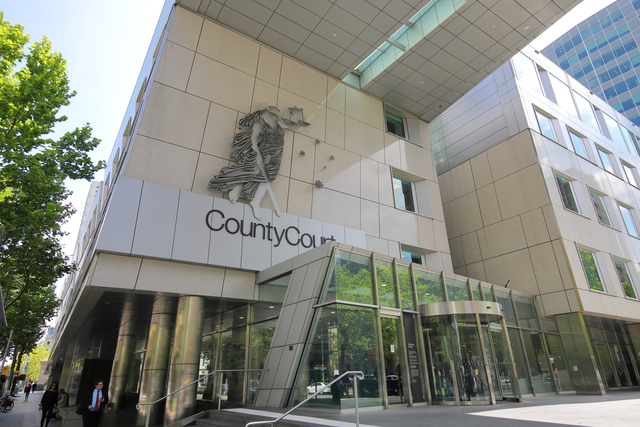Ramadan Mubarak/ Ramadan Kareem
Ramadan is one of the most important and holiest months in the Islamic calendar.
The Islamic calendar is based on the lunar calendar meaning the beginning of each month starts on the new moon.
Muslims wait for the new month’s moon to be sighted before first day of Ramadan is announced.
This year’s first day of Ramadan is estimated to be on 23 March and end on 22 April.
FASTING
In this month healthy Muslims fast during daylight hours, from sunrise to sunset. They abstain from eating, drinking, immoral acts and anger.
Instead acts of worship such as praying, reading the Holy Quran, charity and much more are encouraged throughout the month.
During the holy month, Muslim wake up pre-dawn to eat- this is called Sehri or Suhoor. The fast is broken with a date followed by a meal after sunset and this is called Iftar.
Fasting is also one of the five pillars of Islam. The holy month is a chance for Muslims to work on their faith and become close to their Creator.
In simple words Muslims fast as an act of worship and a way to be more compassionate to those in need. It encourages self-restraint, God consciousness and collective worship.
Fasting is also seen as way to gain patience and break bad habits.
Other than the fasting aspect, the holy month is made up of major religious events which are all celebrated throughout the month such as the revelation of the Holy Quran.
While fasting is a major part of Ramadan, it’s not just for the stomach but also for the tongue-not to use foul or evil speech, mind-to avoid bad thoughts or actions and heart.
It’s common for mosques and organisations to host large iftar for the community, especially for the poor or needy.
Who can’t fast?
While fasting is one of the five pillars of Islam and highly regarded, there are some who aren’t allowed to fast.
• Those with an illness or are too sick
• Pregnant women
• Breastfeeding mothers
• Women on their periods
• Children who’ve not reached puberty
• Travellers
However, they have to make up for the missed fasting before the next Ramadan begins the following year.
Life, work and schools continue as normal for Muslims even when fasting.
If someone at work is fasting, here are some things to know.
• You don’t have to constantly apologise for eating in front of them. They don’t mind!
• No drinking also means no water.
• Don’t be afraid to ask questions.
• Don’t hesitate to say Happy Ramadan/ Ramadan Kareem (have a generous Ramadan)
• If your co-worker’s not fasting don’t ask them about it publicly.
• Don’t make jokes about them not having coffee or lunch.
• For employers- try to be accommodating. Ask your employee if there’s anything they need accommodation with during this month. It could be as simple as flexible hours or work from home.
What next?
Eid al- Fitr marks the end of Ramadan. Eid means feast or festival and in this case it is a festival of breaking the fast.
The day starts with Eid prayer at the mosque. It consists of wearing new or best clothes, a feast of traditional food and a gathering with family and friends.
Sweets are also a must on the day. Women also like to do henna on Eid.

